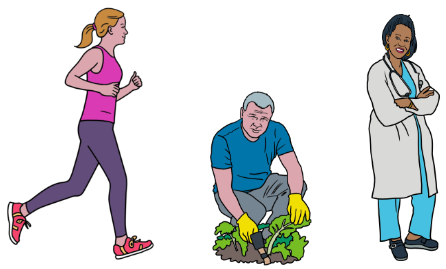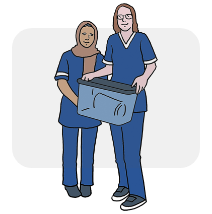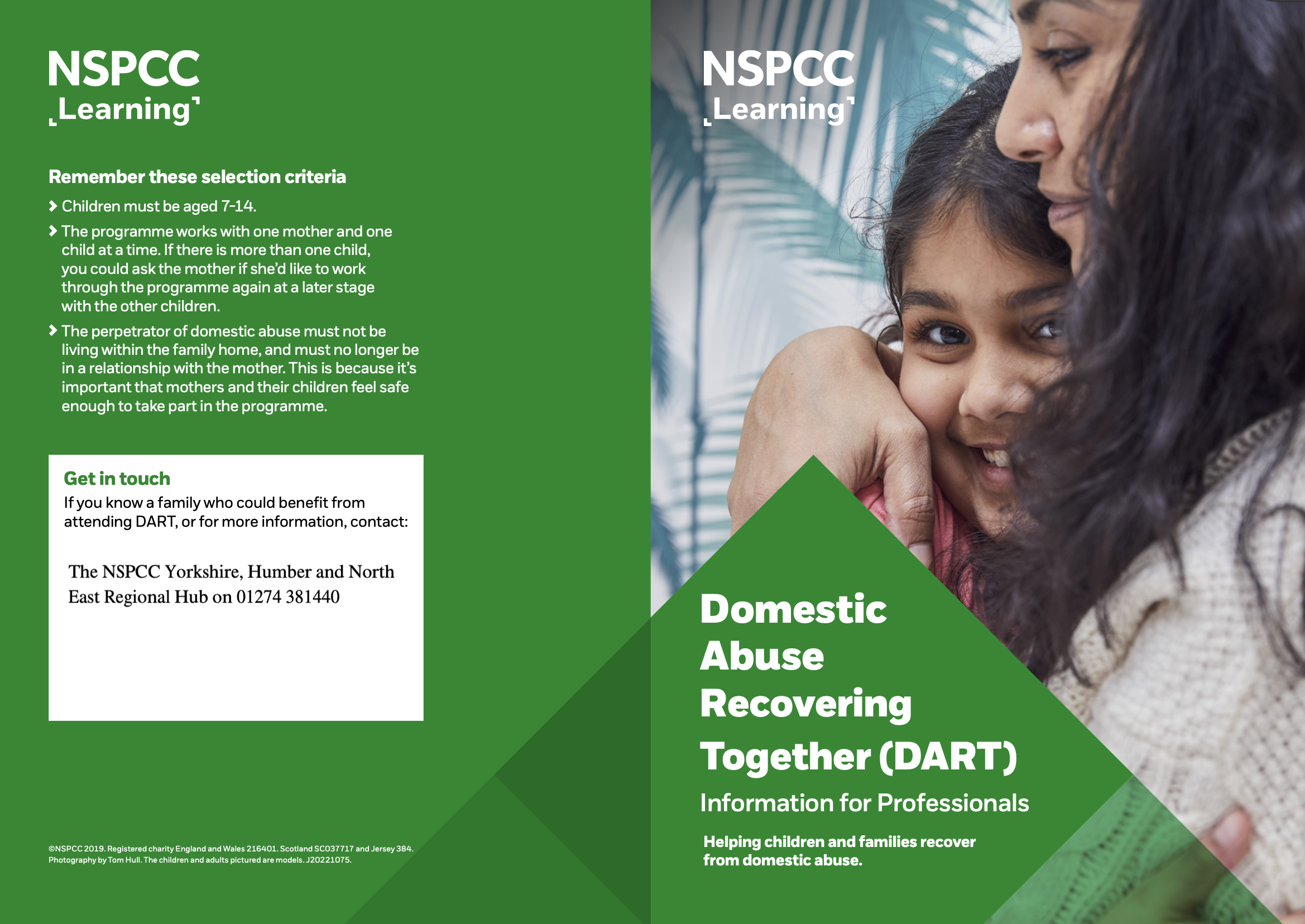The desire for Leeds to become a trauma informed city has been growing in recent years with multiple examples of good practice evident across the city. A number of strategic drivers have meant that partners have come together to develop this strategy to build on and extend existing commitments to make Leeds the best city for children and young people to grow up in and adults to live in.

Our ambitious vision is for Leeds to work collectively as a trauma-informed city where we realise the widespread and unequal impact of adversity and recognise the part we can each play in overcoming this. Through nurturing relationships and building strengths, we hope that all babies, children, young people, those who care for them and adults across the city will feel safe and thrive.



In Leeds we have the Compassionate Leeds – Trauma awareness, prevention and response strategy for children, young people and families that provides a framework on how we plan to achieve this vision.
This sits across the lifespan; adults, Children, young people, babies, and those who care for them.
We have devised an approach consisting of six complementary, interconnecting strands which will help us create change.
The strands are designed to generate system-wide change and create the conditions we need in order for Leeds to be a trauma informed city.
This approach brings together, and looks to build on, the existing good work that is already happening across a range of partners in Leeds including early years, education, healthcare, children’s services, police and criminal justice, and our communities. By taking this public health approach we hope to break down organisational barriers and move away from working in siloes. Instead, we will work collaboratively on issues which cut across the wider system.
The strategy sets out the ambitions of the two steering groups (Adults and Children) to develop a programme of work with a focus on prevention, raising awareness and responding to trauma, building on the good practice and assets which already exist within the city.
In order to capture progress towards the strategy outcomes we will ensure there are robust monitoring and evaluation processes in place.
To find out more please visit our Trauma informed hub.
This section of the website provides information about bereavement and loss including practical things you may need to do, information about the grieving process, self-care and how to find support for yourself or someone else who has experienced this.
This section has information about what childhood abuse is, the long-term effects of childhood abuse, ways to take care of your wellbeing and details of who you can reach out to for support. What are the possible long-term effects of experiencing child sexual abuse? This section explores the different reactions someone might have later in life after experiencing child sexual abuse, such as feeling powerless or anxious.
This section provides information about mental health during the perinatal period, which is throughout pregnancy and one year after birth. It includes information about overcoming stigma, the use of medicines, the different mental health issues that someone might experience at this time and how to support them with this.


Download